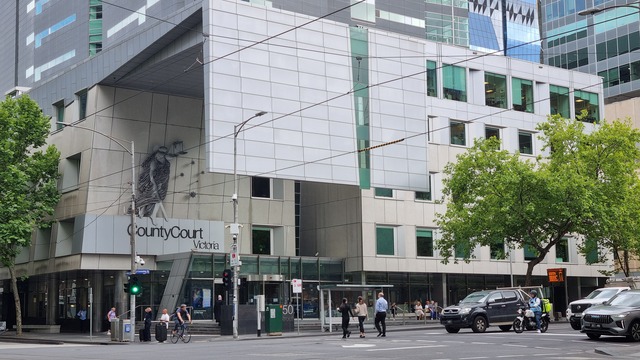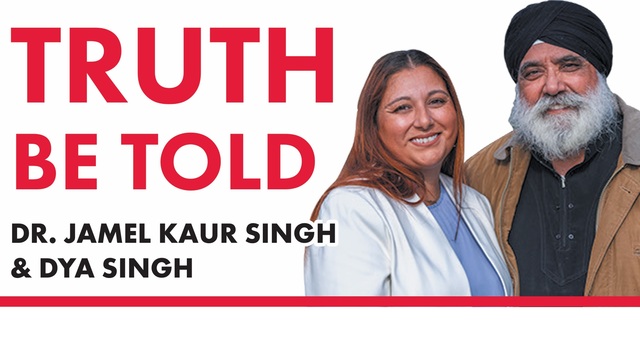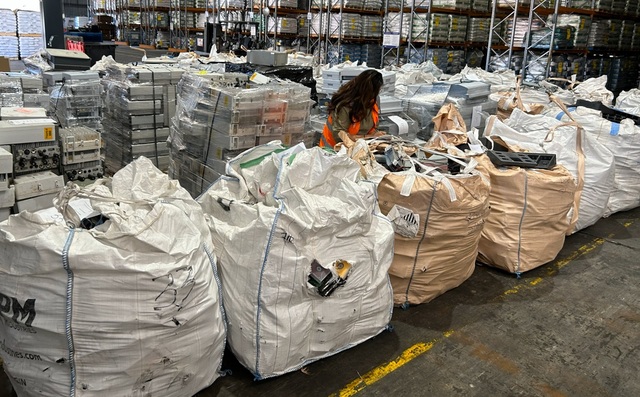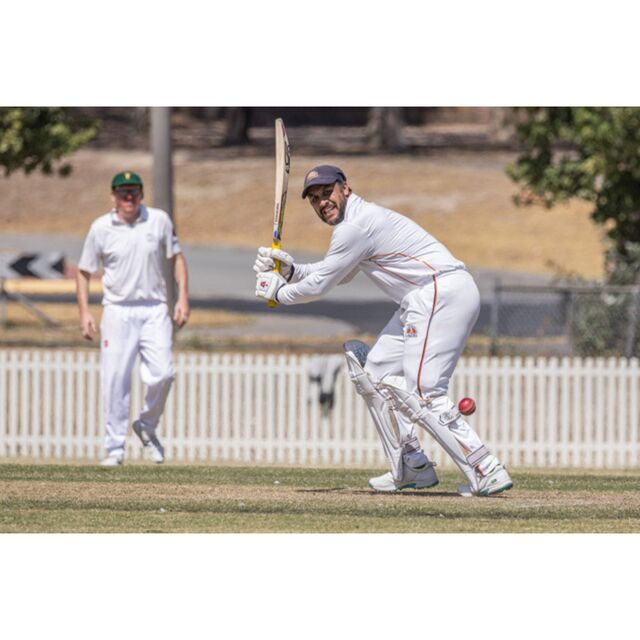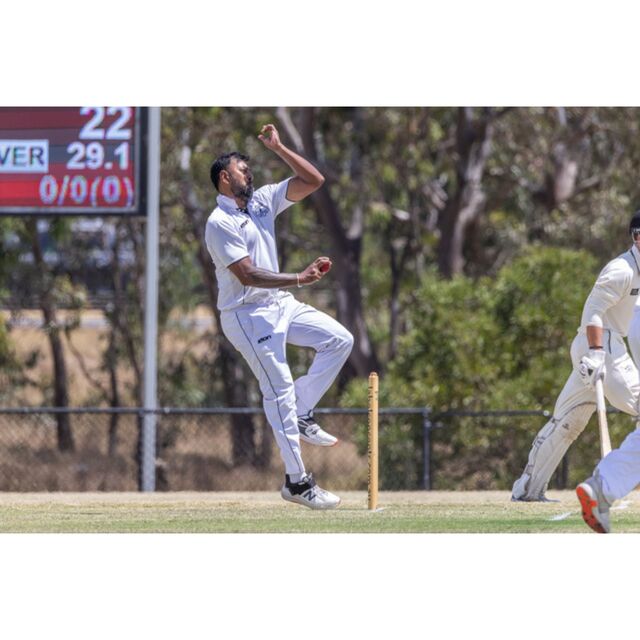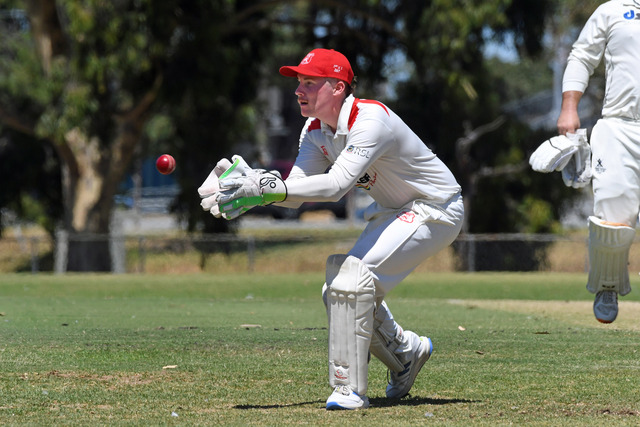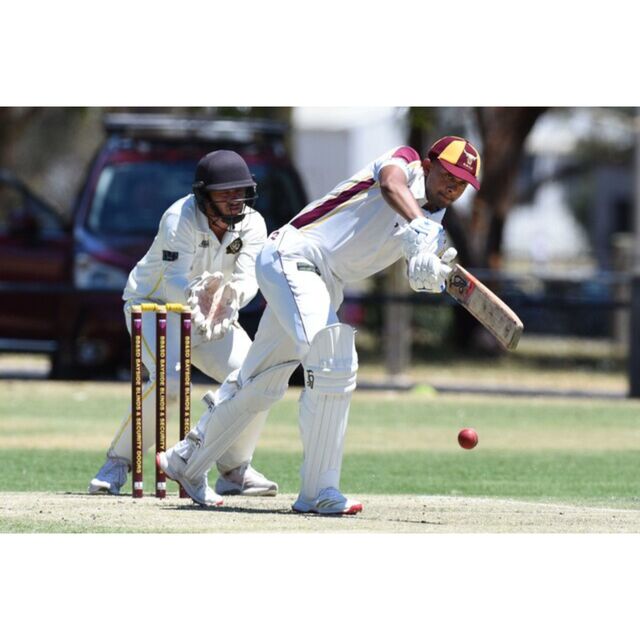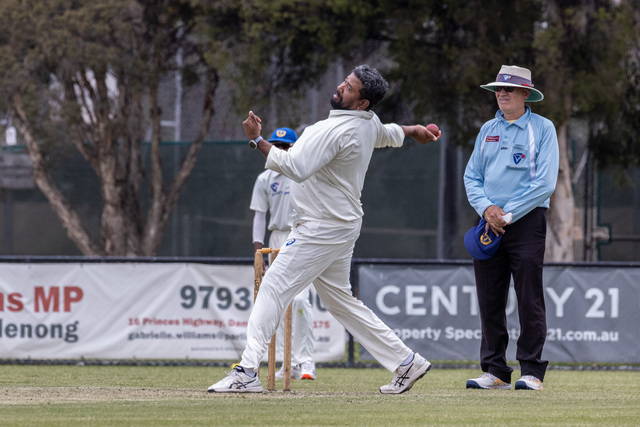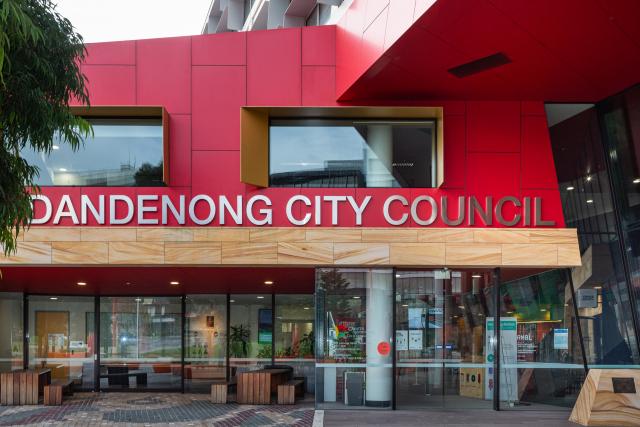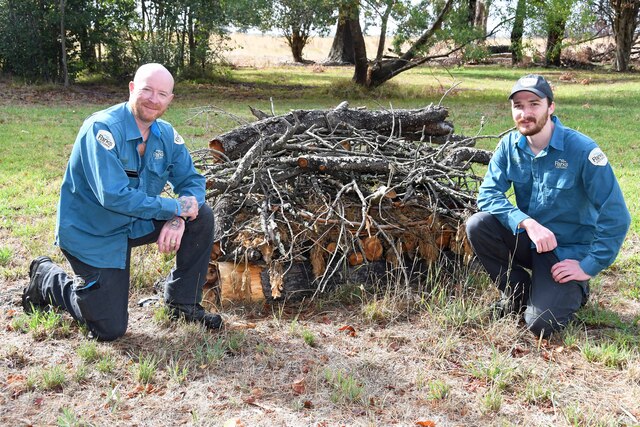By Cam Lucadou-Wells
There’s the nightmare situation almost impossible to protect victims.
It’s the man stewing in prison determined to kill or harm his partner as soon as he gets out, describes South Eastern Centre Against Sexual Assault (SECASA) chief executive Carolyn Worth.
Ms Worth said just because offenders spend time in jail doesn’t mean they are rehabilitated.
“If they decide to come after someone when they leave jail they’ll offend again in three hours. That’s when the partners and children are in serious risk.
“If someone is really determined to hurt you or kill you, if they’re disturbed and really violent … you’re right to be worried.”
Ms Worth said most offenders, however, respond to intervention orders and respond to being talked to by police.
For the others, successful protection of victims relies on prompt reporting to police and quick reactions by police.
“The challenge is where the police don’t know there is a breach of parole because of the communication system (between agencies) but that has been tightened up.”
Part of the tightening up has been the statewide adoption of the RAMP (Risk Assessment and Management Panel) system.
It’s designed to help keep perpetrators at “the most pointy end” in view and accountable, and keeping safe the women and children under “serious and imminent” threat.
A panel in Melbourne’s south-east has been recently convened.
It includes police, corrections, child protection, specialist mens and women’s family violence services, housing, mental health, alcohol and drug services and Child FIRST.
The monthly meetings chaired by a senior police officer and a senior family violence agency manager look at five new cases under a strict code of confidentiality.
No documents can leave the room, without being shredded – as an extra layer of protection for victims.
A comprehensive risk assessment and co-ordinated action plan between the agencies is drawn up to protect the partners and kids.
Pauline Wright, senior manager of Berry Street’s domestic violence service, was involved in the successful RAMP pilot two years ago.
She co-chairs a north east metropolitan panel.
Ms Wright said the pilots showed that a multi-agency approach kept the perpetrator in view.
“That’s really important. If police can’t locate him, the risk remains very high for the women.”
The meetings work out effective safety measures, such who is keeping the perpetrator accountable and how they will be kept to account, Ms Wright said.
“Our partners in Child Protection and Victoria Police have the powers we don’t have.”
Other agencies are made accountable for ensuring women and children are kept safe.
The state government has committed to implementing 227 recommendations handed down by the recent Royal Commission into Family Violence.
In the 2016 budget, it committed $572 million to a family violence package delivering 62 of the measures.
A government spokesman said the family violence system was being overhauled “from the ground up”.
“We will put victims at the heart of our reforms and make perpetrators accountable for their behaviour change.”
One of the measures is a $152.5 million program to create 130 social housing homes for women and children fleeing from abusive relationships.
Specialist family violence services’ crisis support and counselling, as well as legal services for victims, more men’s behaviour change programs have also received a $100 million-plus funding boost.


